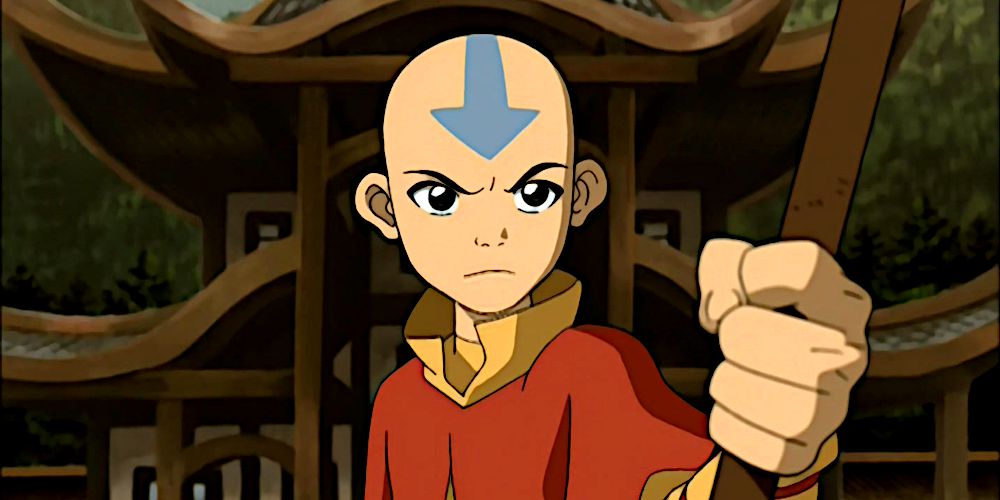When Netflix began production on a live-action remake of Avatar: The Last Airbender back in 2019, we saw a huge resurgence of interest in the iconic animated series. And for good reason!
On the surface, Avatar: The Last Airbender looks like any other children's show. Who'd want to watch a bunch of kids with magic powers run around, trying to save the world?
But the series is so much more than that! If you've never watched it because that's your impression, you're missing out.
The reality is that Avatar: The Last Airbender is a deep, emotional, and meaningful story with tons of detail, depth, and complexity.
If you don't understand the hype and want to know more, or if you're on the fence and unsure if the series is worth watching, keep reading.
Here are several reasons why you should watch Avatar: The Last Airbender if you haven't already!
1. It's Action-Packed and Emotional

Most action-packed shows lack emotional depth. However, that's just not the case with Avatar: The Last Airbender. The hardships the characters endure actually make you feel something.
The overarching storyline concerns the war between four nations: the Earth Kingdom, Fire Nation, Water Tribe, and the absent Air Nomads.
The Earth Kingdom and Water Tribe are on the verge of becoming overrun by the aggressive, power-hungry Fire Nation. Meanwhile, Aang (the master of all four elements) is saddled with the responsibility of being the peacemaking Avatar.
Avatar: The Last Airbender takes you on a roller coaster of highs and lows. As each character confronts their inner (and outer) demons, you'll feel as if you're along on the ride with them.
2. Interesting and Complex Characters
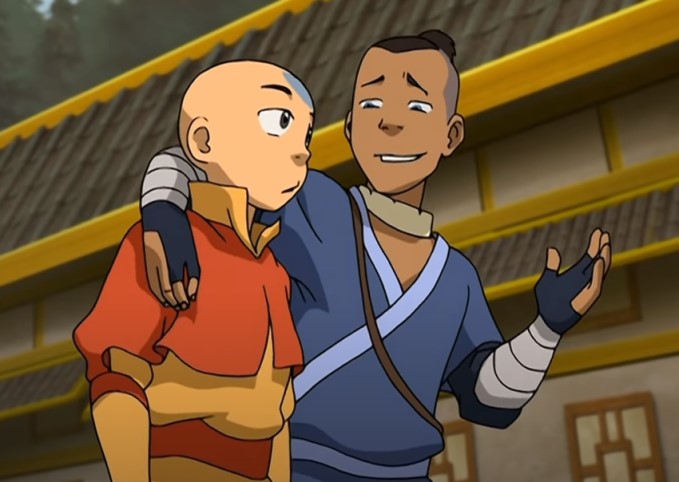
You can't have an amazing show without interesting characters. None of the characters in Avatar: The Last Airbender (not even the side characters) are boring or bland.
The main cast—Aang, Katara, Sokka, and later on Toph—all have unique personalities that complement one another.
Katara, the responsible waterbender-in-training, serves as the balance between the hyperactive Avatar Aang and the impulsive Sokka. And when Toph enters the stage, she flips a bunch of character tropes on their heads and deconstructs many of the clichés that "tiny little girl" characters usually exhibit.
The intrigue doesn't stop there. Zuko, the primary antagonist at odds with Aang, is one of the most complex characters on TV. His gentle war veteran of an uncle, Iroh, is also full of surprises as he tries to share wisdom with his nephew.
Plenty of other mysterious and fleshed-out characters show up along the way; we could go on and on, but we don't have the time!
3. Monumental Character Development
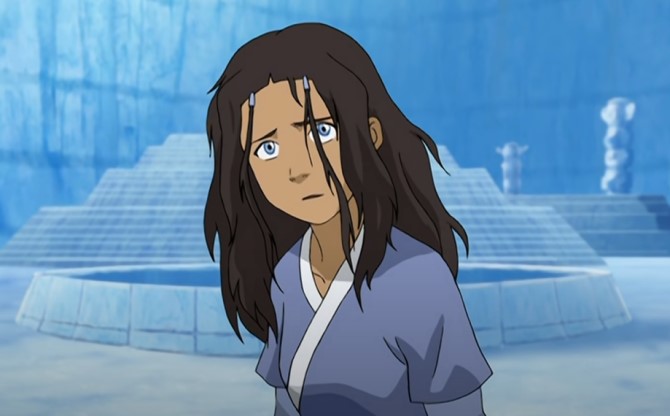
The character development in Avatar: The Last Airbender is slow and deliberate. The changes that each character undergoes never seem forced, rushed, or random. Everything that happens feels natural, intentional, and always in line with character motivations.
By the end of the final season, you'll be amazed at how far each character has come. Not only does everyone become more skilled in battle, but they also end up more mature and emotionally weathered.
4. Detailed World-Building
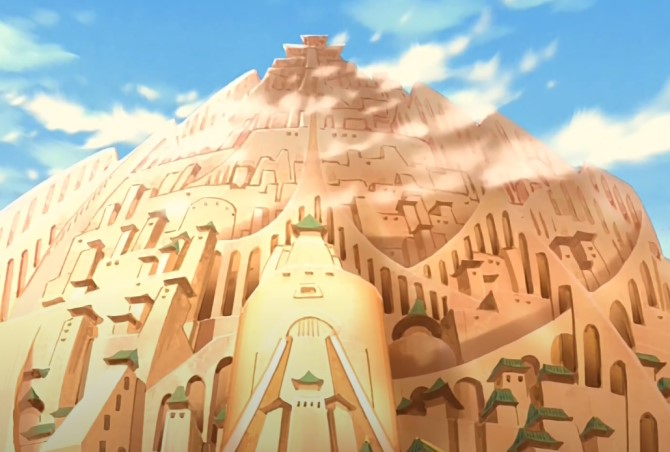
A ton of detail is put into crafting the environments in the world of Avatar: The Last Airbender. Each nation has a different type of architecture, and its inhabitants have a distinct way of dressing and behaving.
The large Earth Kingdom consists of a landscape mostly filled with dense forests and plenty of strong-willed people. On the other hand, the Water Tribe calls the frigid North and South Pole their home, where its peaceful inhabitants focus solely on surviving.
The mountains once housed the Air Nomads, a group of monastic airbenders characterized by their free spirit. Lastly, the Fire Nation is the most hostile of the bunch, represented by the fiery volcanic islands they live on.
5. Filler Episodes? Not Really
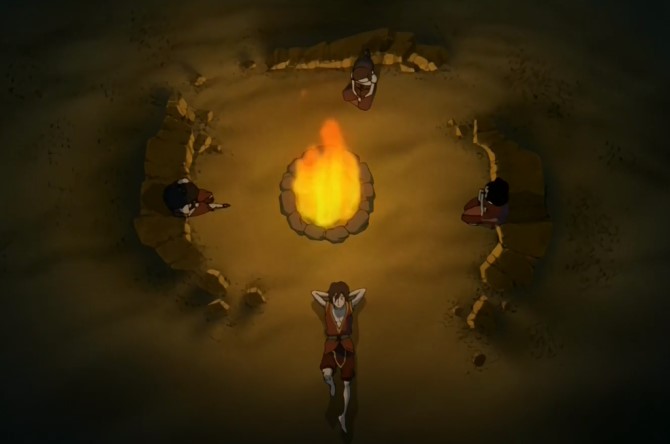
In most animated series with multiple seasons, you'll encounter filler episodes that have nothing to do with the main storyline and usually serve to pad out the season without furthering the plot.
Avatar: The Last Airbender does technically have a couple of filler episodes, but they're so good that they don't feel like fillers. These episodes may not advance the main narrative, but they're important because they develop characters, evolve relationships, and show us more about the world.
Honestly, they shouldn't be considered filler episodes—most viewers who watch Avatar: The Last Airbender never realize the fillers are fillers!
